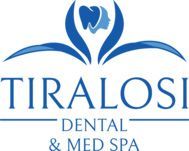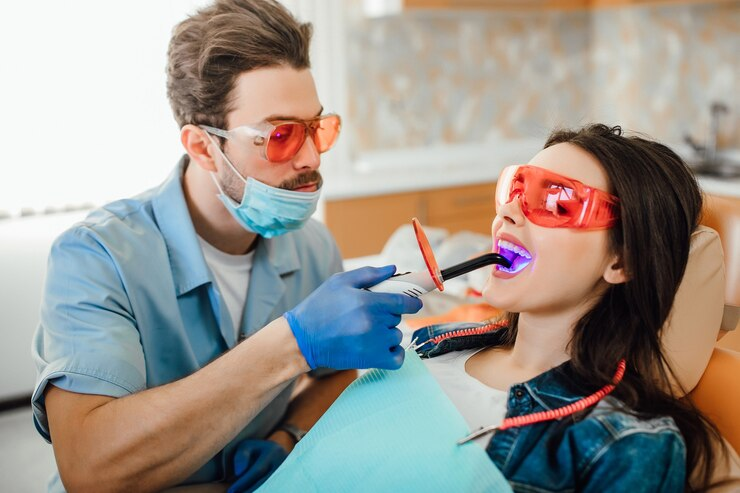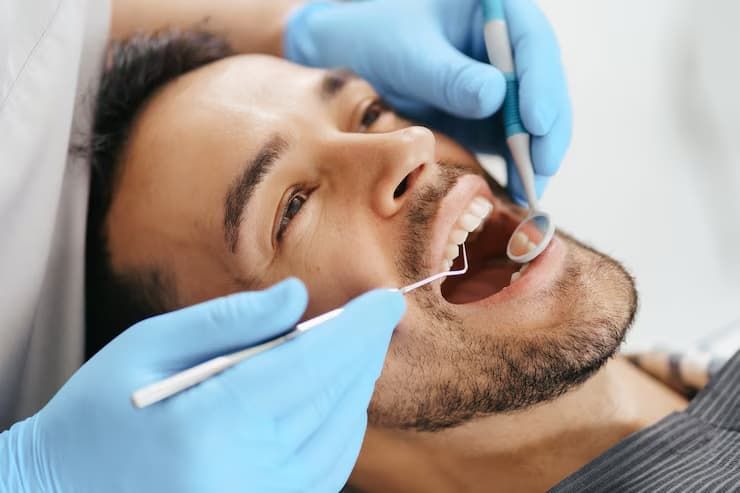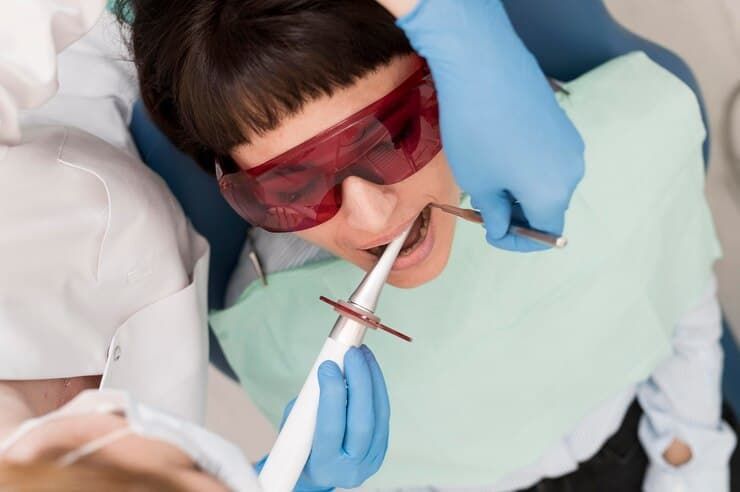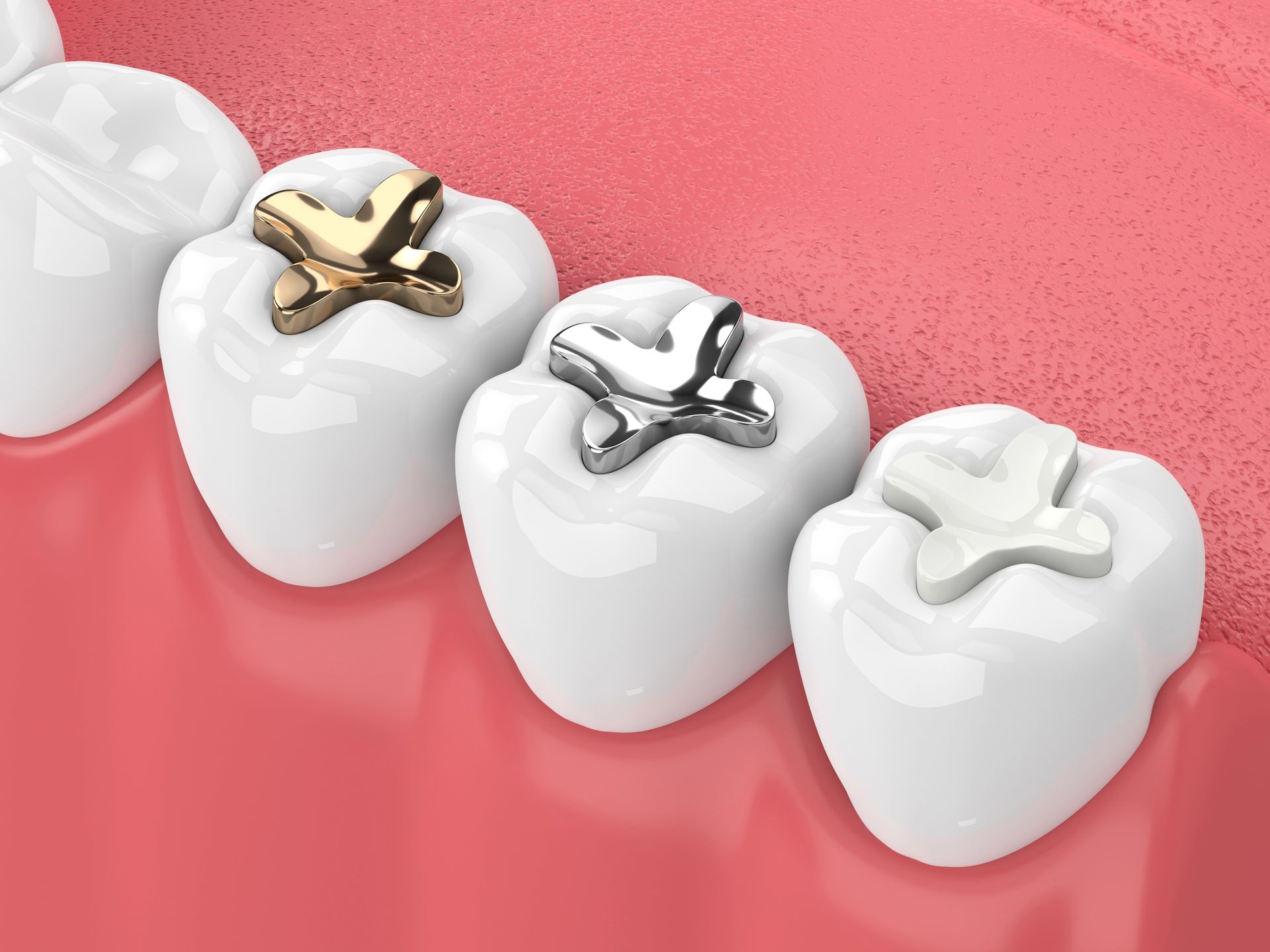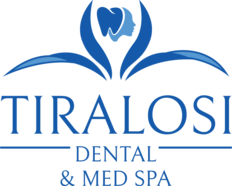731 Stirling Center Pl #1951, Lake Mary, FL 32746
All You Need To Know About Porcelain Veneers | Tiralosi Dental
Complete Guide to Porcelain Veneers
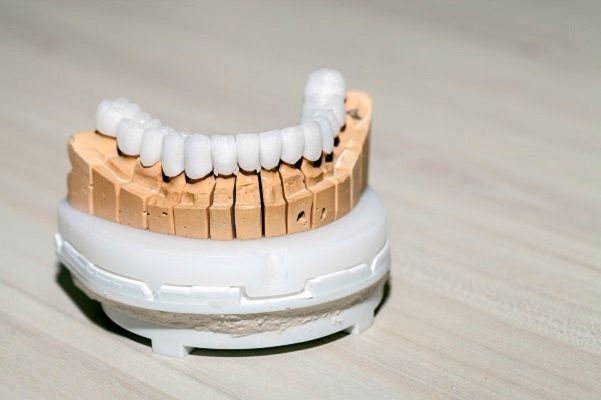
If you struggle with your teeth's appearance, whether that be due to discoloration, broken or chipped sections, or even them being smaller than average, you might want to consider getting fitted for porcelain veneers. These tooth-colored shells are permanently attached to a person's teeth to improve their cosmetic appearance. So, if this sounds like something you're interested in, here's everything you need to know about porcelain veneers.
Dental veneers are typically made out of porcelain and are surgically bound to the enamel using layers of composite resin for cosmetic benefits. On average, this procedure costs anywhere from $925 to $2,500 per tooth, which is why some people will opt for cheaper alternatives, such as dental crowns or teeth whitening, depending on the cosmetic issue.
This article will provide all the essential information regarding porcelain veneers, such as their cost, benefits, alternatives, as well as the different types you can purchase, and what to expect from the procedure. Hopefully, by the end, you'll be able to decide if these dental covers are for you.
What Are the Different Types of Porcelain Veneers
Veneers, in general, can be made with various materials, one of which is resin. However, porcelain is by far the most commonly used material for these dental shells. That being said, there are a number of different types of veneers that go beyond what they're made of.
Apart from resin-based veneers, the other type of veneer a person can have is no-prep veneers (ex. Lumineers and Veneers). As demonstrated by their name, these veneers require much less tooth preparation than traditional veneers and focus solely on the tooth's enamel.
Which type of veneer you choose largely depends on your priorities and what you can afford. For instance, resin-based veneers are significantly cheaper than porcelain and no-prep veneers but aren't as resistant to staining and don't appear as natural as these other options.
No-prep veneers usually cost about $800 and $2,500 per tooth, rendering them about the same price-wise as traditional porcelain veneers.
The benefit of this option is that patients won't require an anesthetic for the procedure and are easier overall to install. However, no-prep porcelain veneers only last about 5-7 years versus the 10-30 years for traditional ones. Additionally, they're usually translucent, so if your goal is to cover severely stained teeth, you'll want traditional porcelain veneers instead.
What to Expect With Porcelain Veneers: Cost and Procedure
Whether you're opting for traditional or no-prep porcelain veneers, you'll have to consider how much they cost and what their procedures entail before moving forward with this process.
Generally, traditional and no-prep porcelain veneers will cost about the same, ranging from $800 to $2,500 per tooth. However, their procedures can vary significantly, which is why these two types are so highly debated by patients.
For traditional porcelain veneers, the process starts with dental experts taking an impression of the patient's mouth to create a trial pair of veneers. These trial veneers will be shown to the patient in order to receive their approval before moving on. The patient will then wear the trial veneers for a few weeks until the permanent ones are ready.
When procedure day arrives, the patient is placed under anesthetic, and the temporary veneers are removed. Their teeth are then reduced to the appropriate size to fit the permanent veneers, bound using a composite resin.
No-prep porcelain veneers will follow many of the same steps, such as getting fitted for a temporary set, but they differ on procedure day. Because these veneers are usually much thinner and used to remedy minimal teeth issues, they don't require much (if any) tooth reduction. Therefore, no anesthesia is necessary, and the procedure is much shorter.
Benefits of Having Porcelain Veneers
Considering the hefty price tag of porcelain veneers per tooth, you might be wondering how having these shells bound to your teeth can be advantageous.
There are several benefits of having porcelain veneers, namely:
- Increased teeth strength (which can reduce tooth sensitivity)
- Whiter teeth (especially those that are badly stained and won't benefit from basic whitening products)
- Increased size of abnormally small teeth
- Cover chipped, cracked, misshapen, or slightly misaligned teeth
Ultimately, the benefits of porcelain veneers lie in improved cosmetic appearance. Of course, this can have significant mental and emotional benefits, such as increasing a person's self-confidence and allowing them to finally feel good about their teeth and smile.
Porcelain Veneer Alternatives
If you love the benefits of porcelain veneers but know they are well beyond your price range, don't worry. You can utilize numerous alternatives instead, depending on what cosmetic issue you're trying to resolve.
The most common alternatives to porcelain veneers are:
- Dental bonding
- Teeth whitening products or procedures
- Dental crowns
- Invisalign
- Cosmetic contouring/reshaping
Most of these options are far cheaper than purchasing one or multiple porcelain veneer teeth and can potentially yield the same results without requiring such an invasive and permanent procedure.
Final Thoughts
Having your teeth bonded with porcelain veneers isn't for everyone. However, if you struggle with having badly stained, abnormally small, or damaged teeth that cause you discomfort and affect your self-confidence, they might be worth investing in. These little shells can do wonders for your dental appearance and will last decades, providing you the optimal smile and tooth functionality you deserve.
Tiralosi Dental & Med spa offers a wide range of dental services. Contact our Lake Mary Dentist today or call (407)333-1335 , we’ll schedule you for a one on one consultation.
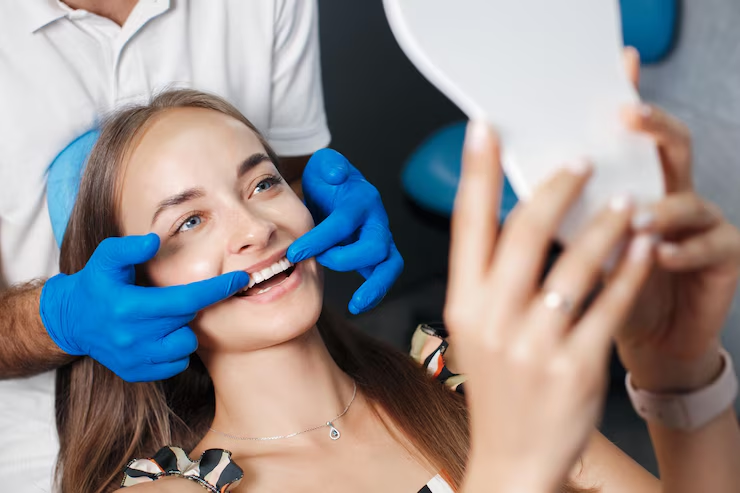

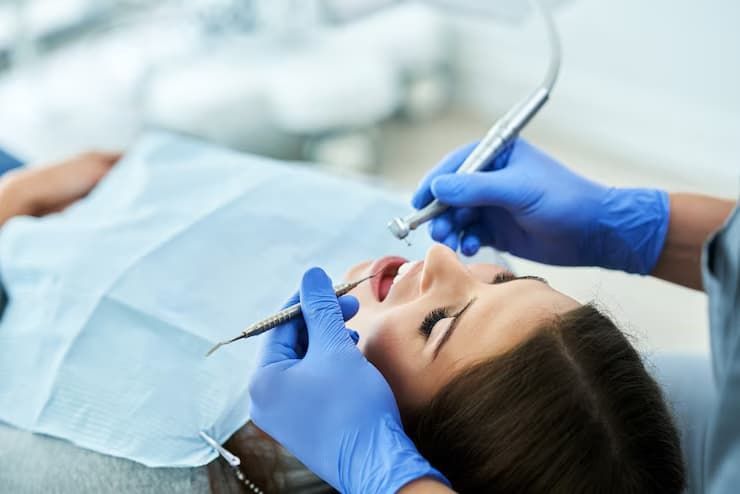
We specialize in the newest technology and amenities in dentistry to ensure an exceptional experience.
OPENING HOURS
- Mon - Fri
- -
- Sat - Sun
- Closed
